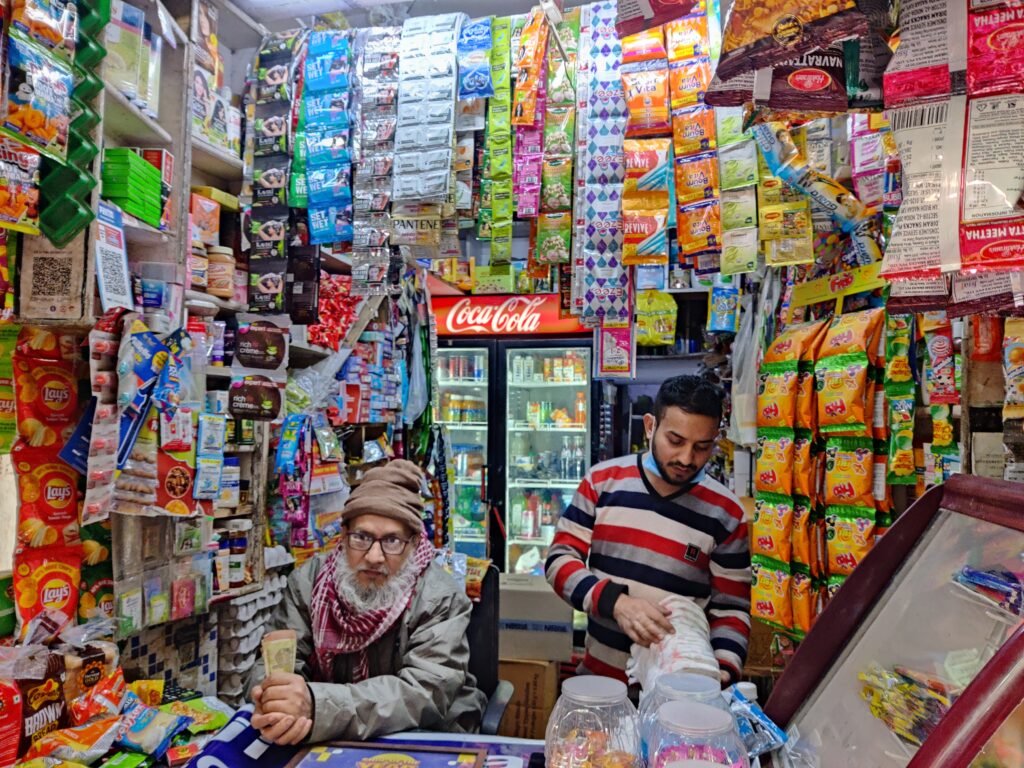Short Summary:
The All India Consumer Products Distributors Federation (AICPDF) has raised concerns with Commerce and Industry Minister Piyush Goyal over the rapid growth of quick commerce platforms like Zomato’s Blinkit, Zepto, and Swiggy Instamart. They argue these platforms are disrupting traditional FMCG distribution and raising issues with FDI compliance, urging the government to intervene and protect small retailers.
Complete Article:
The All India Consumer Products Distributors Federation (AICPDF) has formally addressed a letter to Piyush Goyal, the Minister of Commerce and Industry, Consumer Affairs, Food and Public Distribution, voicing significant concerns about the rapid and largely unregulated expansion of quick commerce platforms. These platforms, including Zomato’s Blinkit, Zepto, and Swiggy Instamart, have been disrupting the traditional retail sector and FMCG distribution network in India.
In their communication, the AICPDF, which represents thousands of FMCG distributors across the country, acknowledged the innovative nature of these quick commerce platforms but expressed alarm over their growing influence. They noted that these platforms are increasingly acting as direct distributors for major FMCG companies, which has the effect of sidelining traditional distributors and threatening the livelihoods of small retailers.
A critical issue raised by the AICPDF is the potential violation of Foreign Direct Investment (FDI) norms. The federation suspects that these platforms may be blurring the lines between the marketplace model and the inventory-based model, potentially infringing on existing FDI regulations. This concern reflects broader apprehensions about the regulatory framework governing quick commerce and its implications for the traditional distribution network.
This letter comes in the wake of Minister Piyush Goyal’s recent comments regarding the disruptive impact of rapid e-commerce growth on small traders and traditional businesses. Goyal had previously expressed concerns about how the swift expansion of e-commerce might adversely affect smaller, established retail entities.
Dhairyashil Patil, National President of AICPDF, emphasized the gravity of the situation, stating, “The livelihood of millions of small retailers and distributors is at stake due to the rapid and unchecked growth of quick commerce platforms. It is crucial that the government intervenes to ensure that the growth of e-commerce in India is balanced and does not come at the cost of traditional retail.”
The AICPDF has called for the implementation of protective measures to safeguard small retailers and traditional distributors from monopolistic practices. They have also proposed initiating a dialogue involving all relevant stakeholders, including representatives from the retail sector, FMCG companies, and quick commerce platforms, to establish fair and equitable business practices.
The federation’s letter highlights the need for a balanced regulatory approach to ensure that the rapid advancement of quick commerce does not undermine the traditional retail sector or the broader FMCG distribution network. Through this call to action, the AICPDF seeks to foster a more inclusive and sustainable business environment for all players in the industry.



